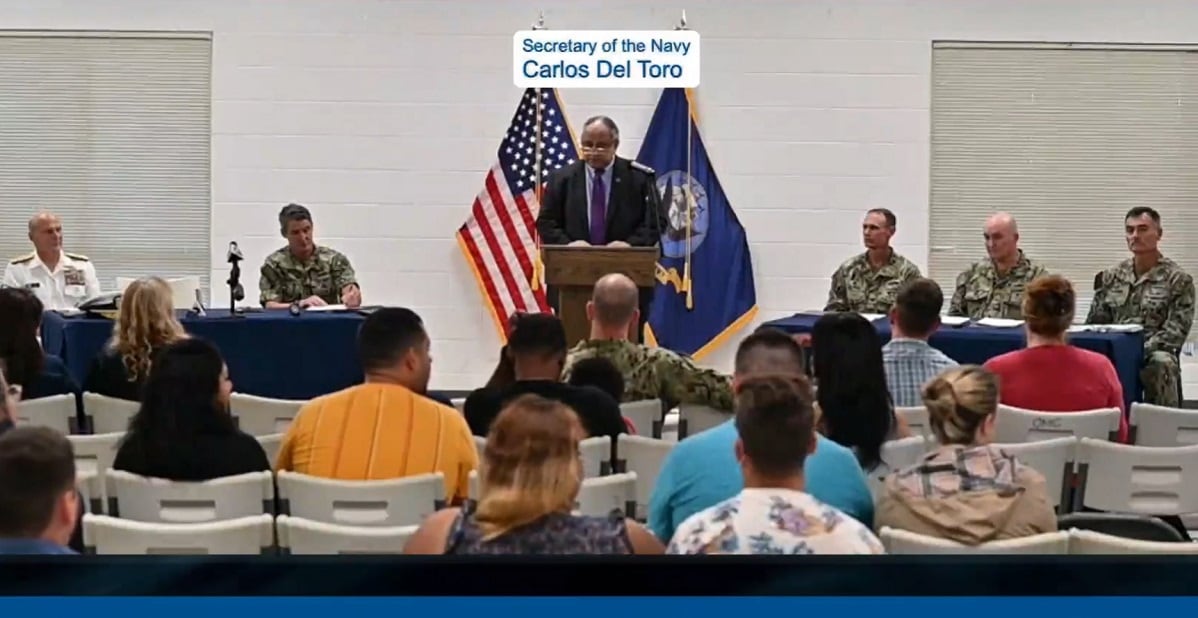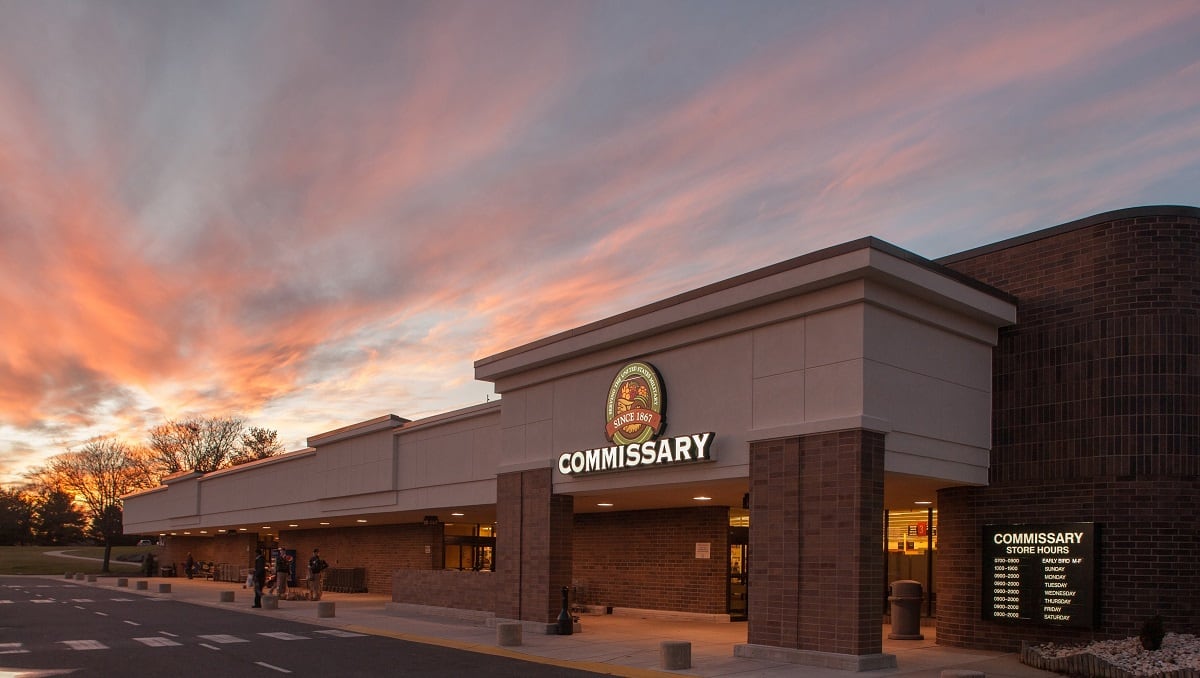The commander of Joint Base Pearl Harbor-Hickam, Hawaii, has apologized to military families for telling them on Nov. 29 — after many residents had begun complaining of seeing and smelling fuel in their tap water — that the water was safe and that he and his staff were drinking it.
Both the Hawaii Health Department and the Navy have since confirmed the presence of petroleum in the Navy water system that serves five Navy, three Air Force and two Army housing communities.
“It is with great sadness that I stand before you today,” Navy Capt. Erik Spitzer wrote in a Dec. 5 post on the Joint Base Pearl Harbor-Hickam Facebook page. “Our families are suffering, and I am beyond grieved to know that I contributed in any way to their suffering by my words.
“If there was one day I had a chance to do over, it would be that day,” Spitzer wrote. “The words used in my notification were not the compassionate and validating words I wish were used, and I regret I did not tell our families not to drink the water. I am deeply remorseful. My apologies to you all.”
Spitzer said his Nov. 29 notification was meant “to reassure families that we were committed to pursuing this situation seriously.”
“In that notification, we shared that upon initial reporting by residents on Sunday [Nov. 28], the engineering teams went out to homes (and wells) that day for on-site testing, which was processed on-island. Additionally, we were working with the Department of Health and sent out samples off-island for further specific testing, noting those results could take a few days to be returned.
“We mistakenly felt the initial tests … meant we may drink the water, and I said in my notification that my staff and I were drinking the water,” he continued. “That was not a cover, we were. We truly thought the testing results indicated the water was safe to drink.
“We were wrong. I apologize with my whole heart that we trusted those initial tests.”
During a series of town halls that began Nov. 30, officials have been grilled by residents about the conflicting information they have received about the safety of their water and whether they should drink it. While a number of residents reported the fuel smell on Nov. 28, many had been experiencing rashes, stomach problems, headaches, and other symptoms before that.
Residents said they suspected the contamination stemmed from a fuel leak near the Navy’s World War-II era Red Hill fuel tank facility, which happened sometime over the weekend of Nov. 20-21. The Navy shut down the facility, isolating it from the water supply.
Within Joint Base Pearl Harbor-Hickam, there are about 7,000 housing units for families from all the service branches. Of those, about 1,400 are in areas that have been affected by these water issues, said Chuck Anthony, spokesman for the joint base.
During a four-hour town hall Dec. 5, Navy leaders faced tough, emotional questions from families from all service branches about the source of the contamination, why families weren’t notified earlier about possible contamination, and why officials didn’t go door to door to notify them. Many families were still unclear about whether it’s safe to use their water.
Families are fearful about the short-term and long-term effects of drinking and bathing in the fuel-tainted water.
Spitzer’s apology was posted before a Sunday town hall, which was held by local Navy leaders and included Secretary of the Navy Carlos Del Toro and Chief of Naval Operations Adm. Mike Gilday, who pledged to fix the problem with the water and to listen to the needs and concerns of the residents.
RELATED

Responses to the apology were varied, with some saying they didn’t believe Spitzer intended to do harm.
Others were not so charitable. “While the written apology is appreciated, the blatant gaslighting of residents and dependents caused direct, verifiable, physical harm. Residents TRUSTED you and continued to consume contaminated water,” wrote Jen Johnston on the Joint Base Pearl Harbor-Hickam Facebook page.
“As much as I appreciate what seems to be a heartfelt and well written apology, I fear that actions of inaction beyond those initial insensitive words have spoken louder to myself and my family, louder than your written apology,” wrote Keri Alane Williams.
“My faith in your leadership that day and EVERY day since has been LOST! You have failed us on all levels!”
Officials have set up water stations for families to get potable water, including bottled water. At Aliamanu Military Reservation, the Army’s 25th Infantry Division has been delivering water door to door to residents.
Military officials have also set up processes for families to get out of their houses and go to hotels, if they want to; are setting up means for further financial assistance to reimburse expenses; and have set up family assistance centers to provide a variety of individual assistance.
Karen has covered military families, quality of life and consumer issues for Military Times for more than 30 years, and is co-author of a chapter on media coverage of military families in the book "A Battle Plan for Supporting Military Families." She previously worked for newspapers in Guam, Norfolk, Jacksonville, Fla., and Athens, Ga.





